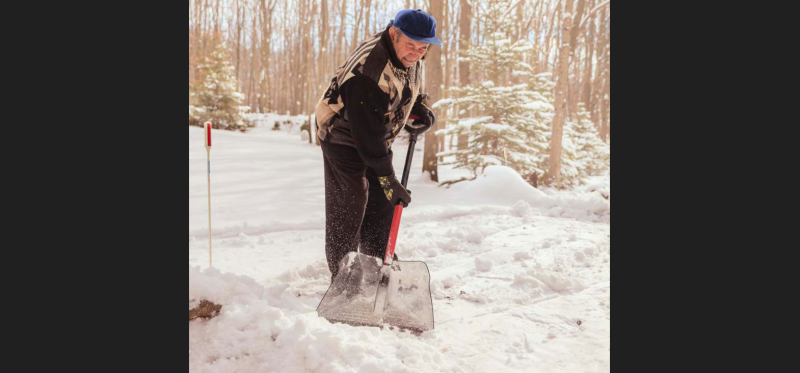It’s been frigid outside! In Pennsylvania we can expect cold weather in January, but the single-digit temperatures, snow squalls and high winds have felt like arctic blasts. When the temperature dips as low as it has, everyone should take precautions to be safe.
Trina Abla, DO, MBA, Chief Medical Officer at Penn Highlands Healthcare offers 8 winter safety tips.
- Hypothermia (abnormally low body temperature) and frostbite: Limit time spent outside. Wear layers of clothing for warmth. Check on elderly friends and family or those who are unhoused to ensure they have food, water and shelter. If you lose power and it is too cold inside your house, go to the home of a friend or family member or seek a community shelter. In extreme cold, wear hats, gloves and face coverings, as any exposed skin can be affected by frostbite within minutes. Remove clothing if it becomes damp or wet.
- Motor vehicle accidents: Avoid travel when roads are covered in snow or ice. Follow forecasts and temperatures and use caution when temperatures go below 32 degrees or inclement weather is predicted. If you must travel, drive slowly with your full attention on the road (no radio, cell phone, etc.). Keep a blanket, water and cell phone with charger with you.
- Heart attacks: Talk to your doctor if you have heart issues or are unable to easily walk up a flight of stairs to see if it is safe for you to shovel snow. Pace yourself and take breaks. If you feel tired or tightness in your chest, stop.
- Back injuries: Push snow instead of lifting. Bend from the knees and try not to twist.
- Slips and falls: Wear appropriate footwear. Take small steps. Keep your hands free. Take your time.
- Dry skin: Low humidity and cold air cause skin to be dry. Protect your skin by limiting your time in the shower and applying moisturizer and lip balm after you dry off. Using a humidifier in your room also can help.
- Seasonal affective disorder (SAD): Often referred to as “winter blues.” When the temperature permits, spend some time in the outdoors wearing appropriate clothing. Seek help from your physician if you experience constant sadness, lack of enjoyment in previously enjoyable activities, or appetite or sleep changes.
- Carbon monoxide poisoning: Common causes of CO poisoning include automobile engines, charcoal grills or fuel burning appliances. Consider a battery-operated CO detector.
In addition to the eight tips provided for staying safe, Dr. Abla pointed out that the chances of contracting an illness are greater during the cold weather months.
“Regardless of the temperature outside, it is still very important to avoid germs,” said Dr. Abla. “Stay away from people who are sick. Cover coughs and sneezes with a tissue or sleeve. Wash your hands often. Clean frequently handled surfaces, such as phones and door knobs. Refrain from touching your face with unwashed hands. Most importantly, immunizations remain the most powerful tool in our toolboxes for preventing illnesses.”
While some illnesses and conditions that result from exposure to germs and cold weather can be treated by a family medical physician, some conditions such as hypothermia, heart attack, carbon monoxide exposure and serious injuries may require immediate medical attention. Penn Highlands Healthcare provides emergency care throughout Pennsylvania. Highly skilled emergency physicians, providers, nurses and staff provide 24-hour urgent care for all medical emergencies, 365 days a year. If you think your condition requires immediate treatment, call 911 or go to the nearest emergency room. To learn more, visit www.phhealthcare.org/ED.
